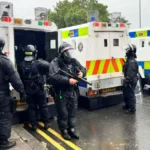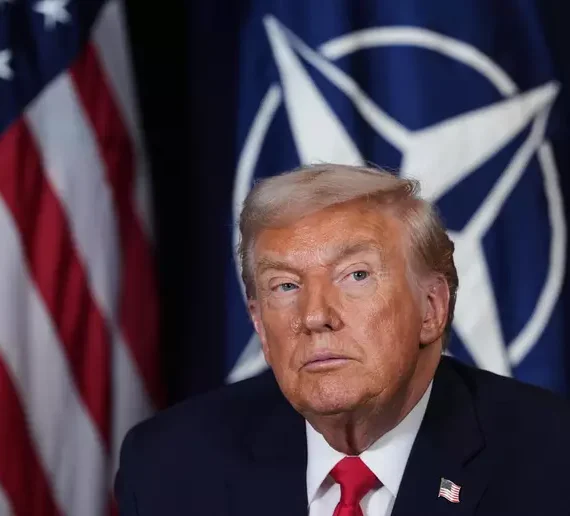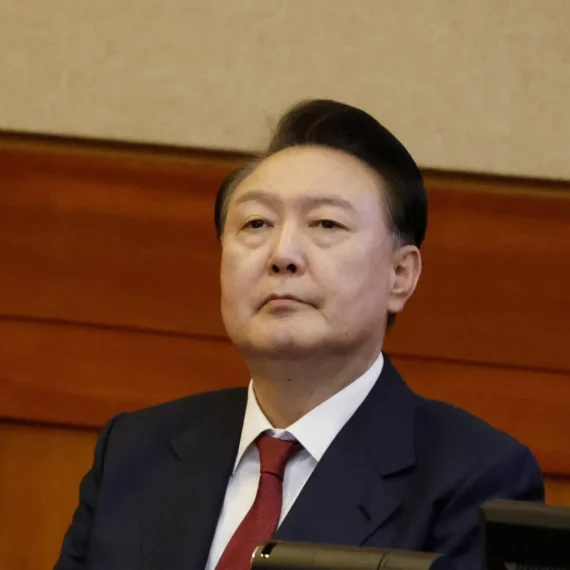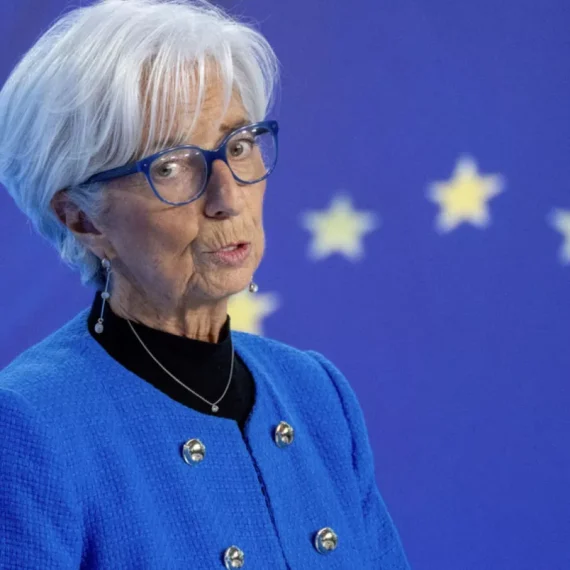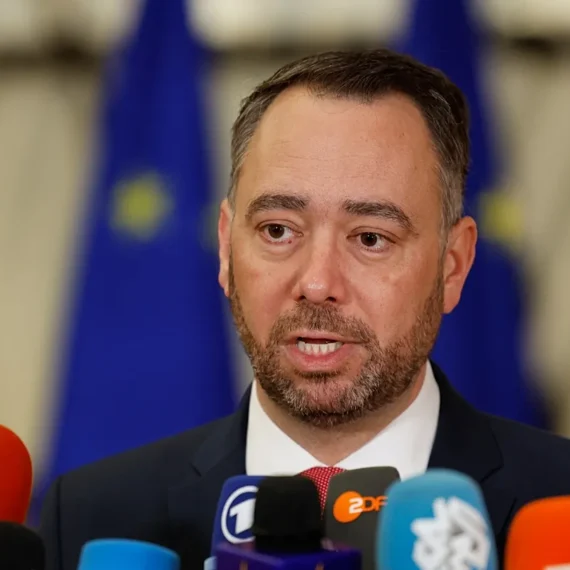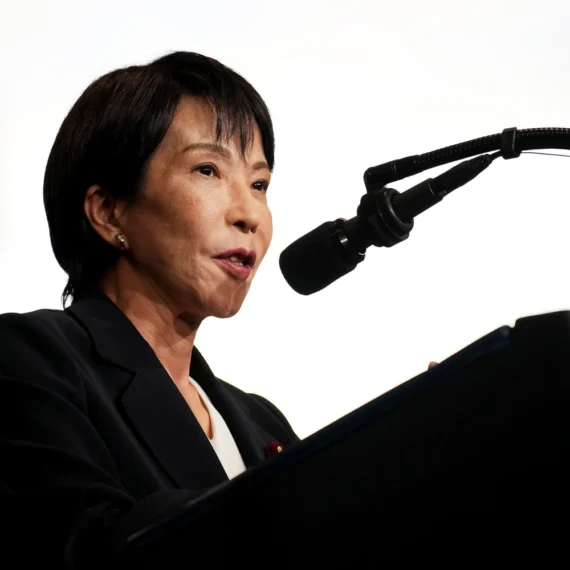Benjamin Netanyahu’s broader objective is regime change in Tehran, which goes beyond Israel’s declared objective of eliminating what it describes as an existential danger posed by Iran’s nuclear capabilities with its Friday assault.
In such a scenario, he may want that the unprecedented attacks set off a series of events that result in instability and the fall of the Islamic Republic.”The time has come for the Iranian people to unite around its flag and its historic legacy, by standing up for your freedom from the evil and oppressive regime,” he said in a statement released Friday night.
A large number of Iranians are dissatisfied with the status of the economy, the denial of freedom of expression, and the rights of minorities and women.
The Israeli onslaught is still ongoing, and the attacks have killed several high-ranking Iranian Revolutionary Guard Corps (IRGC) commanders, including the commander of the IRGC and the chief of staff of the armed forces. The Revolutionary Guard of Iran claimed to have attacked “dozens of targets, military centres, and airbases” in their afternoon retaliation.
After Iran launched retaliatory missile attacks, Netanyahu declared, “More is on the way. More of Iran’s leaders could be targeted,” as the situation swiftly deteriorated. Israel could determine that the murders and assaults might destabilise the government and pave the path for a popular revolution.
Also Read:
In Texas, a Deadly Measles Outbreak Does little to Dispel Vaccine Skepticism


